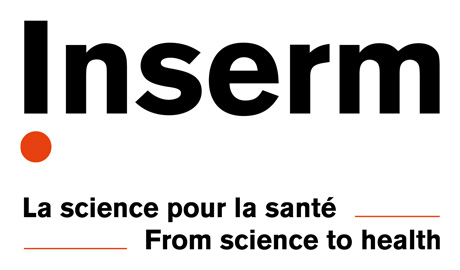





Type of contract Tenure track
Location Paris,
Statut Available
Key Words
Details of the offer
Type of job
Type of contract Tenure track
Application deadline
Employment start date
Contact
If you are interested in applying, please contact Julien Ferent at julien.ferent@inserm.fr or Fiona Francis at Fiona.Francis@inserm.fr.
KEY WORDS | neurodevelopment |
CITY | Paris |
COUNTRY | France |
DETAILS OF THE OFFER | he nervous system is characterized, on the one hand, by extraordinary cellular diversity and, on the other, by a complex, highly precise network formed by these cells, enabling the elaboration of behaviors. Deciphering this diversity, how it is set up and its role in the normal and pathological functioning of the nervous system is a challenge and a major stake in understanding and treating it. Genetics and functional genomics represent one of the current revolutions in the study of neurodevelopment, and lie at the interface between neuroscience, developmental biology, evolutionary biology ('evo?devo'), molecular biology and bioinformatics. It opens up immense prospects both for elucidating the mechanisms at play in developmental trajectories and the acquisition of cellular identity, and for discovering the genetic perturbations involved in brain cancers and neurodevelopmental and neurodegenerative diseases. The presence of gene regulatory elements, somatic mutations, variable retrotransposon insertions and epigenetic control are just a few examples of genetic mechanisms influencing the nervous system. Thanks to genomic and transcriptomic studies, we can better understand the cellular processes that drive the architecture of both normal and pathological neural networks. This field of research in developmental neurogenetics represents a major international challenge, revolutionizing our understanding of the nervous system. It relies in particular on highly sought?after skills in molecular genetics and genomics, as well as in developmental neurobiology and bioinformatics. Individually, many of these skills exist within the Life Sciences teams at Sorbonne Universite?, but not in an integrated, targeted way. The exploration of cellular trajectories and identities in neurodevelopment combines many cutting?edge and innovative techniques such as spatial transcriptomics, 3D imaging of neural networks, or combined multi?OMIC approaches (single cell RNA? seq, ATACseq, Map?seq, etc.). Today, these multi?scale approaches are absolutely essential for studying all dimensions of neurodevelopment, from the gene to the precise characterization of neuronal architecture. In addition, the use of innovative models such as human neuro?organoids, but also original animal models, can shed new light on these mechanisms via an Evo?Devo approach. It is therefore crucial today to attract new talent at the highest international level in the field of developmental neurogenetics. The junior professor will get a starting package and a lab space in one of the institutes affiliated with Sorbonne University in the center of Paris. The Junior Professor will need to be able to teach at multiple levels (Life Science Bachelor's, Integrated Physiology Master and Molecular and Cellular Biology Master) and, depending on his/her expertise, will be able to integrate modules in developmental neuroscience, molecular and cellular biology, and bioinformatics. In particular, the international "Bioinformatics for Health Sciences" track of the Molecular and Cellular Biology Master's program does not yet have a second?year level, and the arrival of a professor could reinforce this training. A Junior Professorship seems to us to be the most relevant and appropriate way of attracting young, experienced researchers of international stature to the field of developmental neurogenetics. |
TYPE OF JOB | Junior professor |
TYPE OF CONTRACT | Tenure |
APPLICATION DEADLINE | 31 MAY 2024 |
EMPLOYMENT START DATE | 31 DEC 2024 |